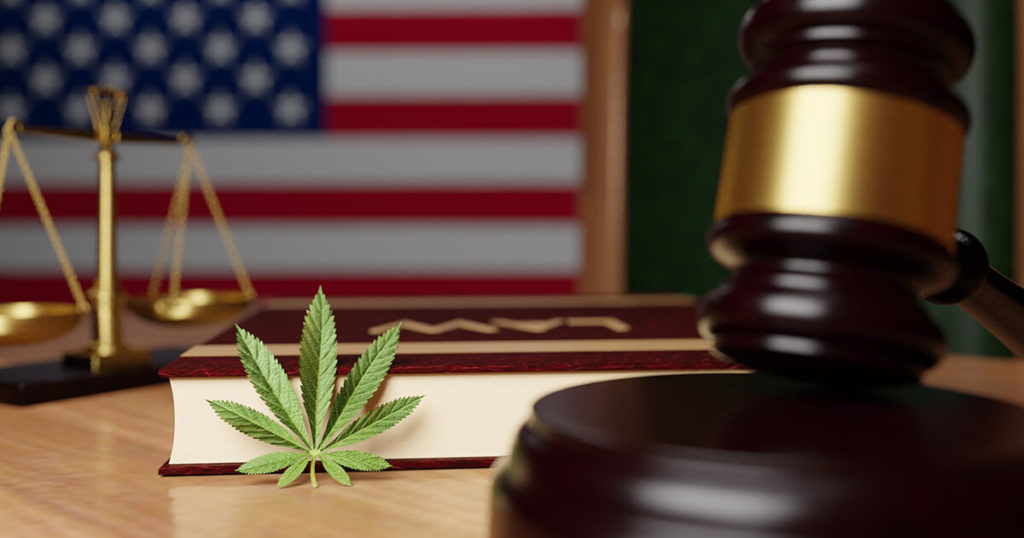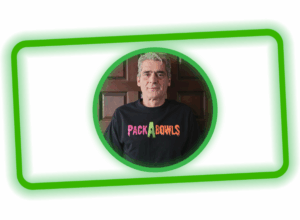On a November 3rd, 2020 Arizona General Election ballot, Proposition 207, which allowed for the legalization, recreational use, and taxation of cannabis for adults, passed with 60% of the vote. Another aspect of Prop 207 was that it allowed for the expungement of minor, marijuana-related convictions.
Voters proclaimed that they wanted more action in regards to people from communities that were disproportionately affected by enforcement of the state’s previous cannabis laws. This is where Arizona’s social equity licensing comes in. The state decided to put 26 social equity licenses up for grabs for cannabis dispensing and cultivation.
It’s being called a lottery because applicants need to fork over $4,000 per application with no guarantee that they’ll win one. More than 1,500 applications have been entered between the draw’s opening date in July and the closing date on December 14th, so the odds of winning aren’t high. But the odds of winning aren’t even the lottery’s biggest problems, say Social Equity Advocates who’ve filed a lawsuit against the state. It’s the fact that though the program was designed to help those who have been inordinately impacted by cannabis laws, the licenses are more likely to go to large, mostly white-owned, cannabis corporations.
A Flawed Process
One of the major problems with the social equity licenses is that under the rules of the draft, anyone who’s been impacted by marijuana laws and had a low income in 2019 can apply for one of these licenses. This means that the 21-year-old son of a billionaire, who claimed a low income for 2019 and who had previously had a run-in for pot charges could potentially win a license.
It also means that multistate marijuana conglomerates or already established cannabis companies could manipulate their way into obtaining a license that was awarded to persons of color. People of color were three times more likely to be arrested for marijuana possession than white people in Arizona, where they also make up a vast majority of people living under the poverty line. Therefore, massive pot companies dangling pennies to the dollar in front of potential license winners could easily manipulate them to sell their license for far less than it would actually be worth.
Prior to the December 14th deadline, residents of Arizona who’ve been impacted by cannabis laws have seen a huge uptick in the number of flyers, pamphlets, and mailers they’ve received from massive cannabis investors. These flyers tout “once in a lifetime opportunities,” where the recipient could own a pot dispensary of their own at no cost. What these flyers were really doing, however, was desperately searching for people who could front a larger company’s application for one of the 26 social equity licenses.
This flawed process to Arizona’s social equity licensing program, says the Greater Phoenix Urban League and Acre 41, is what spurred their lawsuit against the state.
Legal Challenges And Social Equity Licensing Lawsuit -Arizona
The Greater Phoenix Urban League, an Arizona affiliate of the National Urban League – a civil rights org – teamed up with Acre 41 – a cannabis consulting firm and social equity company – to file a lawsuit against the state of Arizona in November.
In a November press release, the GPUL and Acre 41 stated, “as it stands now, the regulations proposed by the state do not prohibit venture capital firms and large, mostly white-owned, multistate marijuana companies from snatching up all social equity licenses from the 26 successful applicants – effectively defeating the purpose of the voter-approved social equity program.”
The lawsuit alleges that the rules of the social equity licensing lottery have failed to ensure that the licenses actually go to those who deserve them. There should be regulations in place to stop large companies from manipulating people who could potentially win and better themselves and their futures with these licenses. And, as a result, the social equity licenses will likely end up in the hands of large companies, thus completely overthrowing the actual point of the lottery, which was to attempt to make reparations to those affected by outdated marijuana laws.
Without further investigation or regulations put into place, it is highly likely that of the 26 social equity licenses available in Arizona’s lottery, very few of them will go to the intended recipients. These licenses – which allow the holders to start their own cannabis business – have the potential to change the lives of people affected by past marijuana laws.
Arianna Munoz, who received a charge of possession while in high school, is taking a chance at the lottery because she says, the potential pay-off is worth it. “Creating generational wealth, operating a dispensary would be ideal, but I’m not saying that selling a dispensary wouldn’t grant you that same generational wealth,” Munoz said. Herein lies the problem. Will people who win these social equity licenses be manipulated or coerced into selling them to larger corporations before they even have a chance to do anything with them? Only time will tell at this point.
To learn more about social equity, both in terms of cannabis, but also where gender, race, and systemic bias are concerned, check out our blog on the subject on the BeardBros website.
















